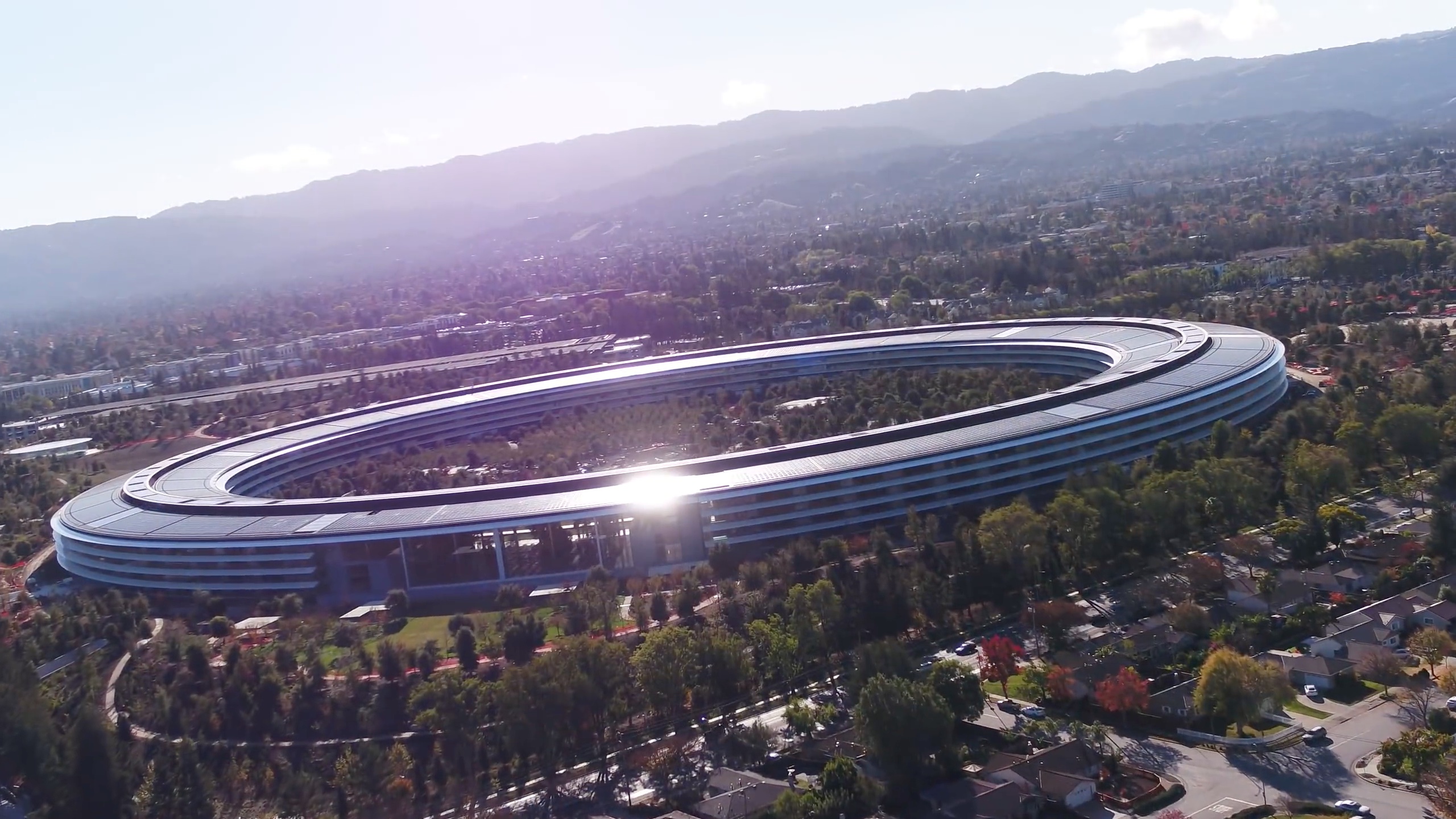Apple’s updated its guidelines aimed at stopping unwanted leaks from the supply chain. It now requires its manufacturing partners to stop collecting biometric data from its own employees.
STORY HIGHLIGHTS:
- Manufacturers can no longer collect biometric data from Apple employees.
- This doesn’t apply to factory workers themselves.
- Increased use of surveillance cameras at factories.
- Criminal background checks of factory workers.
Preventing leaks from factories
At the same time, Apple doesn’t care whether its contracted suppliers collect facial scans and fingerprints from their own employees, whether or not they’re building Apple products.
The Information obtained Apple’s updated guidelines that tighten partner security rules.
Apple recently told its manufacturing partners that they can no longer collect biometric data such as fingerprints or facial scans of Apple employees who visit their facilities, according to an internal Apple document reviewed by The Information.
So far so good.
However, the new rule doesn’t pertain to the more than one million workers employed by those manufacturers who make its products, many of whom must submit to these scans to enter areas where new Apple products are made.
I see no problem with that. Unwanted leaks can be incredibly damaging to the company and these new rules are meant to better protect its employees’ privacy while making it harder for bad actors to steal Apple’s prototypes and designs from factories.
Increased use of surveillance cameras
Also, the company now requires its manufacturers to use surveillance cameras in more places. Specifically, security cameras must photograph all four sides of transport vehicles while security videos showing the destruction of prototypes and defective parts must now be retained for at least 180 days, according to the updated document.
The Cupertino technology giant also requires manufacturing partners to update their internal systems which track components during production to prevent theft. In fact, Apple is upgrading its own component-tracking systems at factories as well.
Apple is in the process of upgrading its own computer system, which is installed at some factories, to determine how long parts should remain at one production station before moving to another. The system uses proprietary Apple software on Mac minis to collect and analyze manufacturing data, according to the person familiar with Wistron’s operations in India.
This kind of monitoring can help Apple determine whether manufacturers are cutting corners, which Apple sometimes accuses even its biggest partners of doing, according to people familiar with the systems. The system also can prevent the theft of components, those people say.
The updated guidelines for manufacturers make it a rule that any factory visitors must show government-issued IDs. At the same time, guards and workers at checkpoints must now “keep detailed logs of the movement of workers carrying sensitive parts from one area to another.”
The piece also mentions that the latest guidelines require Apple’s contract manufacturers to conduct criminal background checks of their workers, something it’s never done before.
→ How to find the estimated value of your Apple device
The story is framed as a bit of a controversy because Apple is known for preaching how privacy is a “fundamental human right,” yet the company fails to apply the same privacy standards to supply chain workers as its own employees.
“The exemption for Apple employees appears to contrast with the company’s stance that its human rights policy, which contains privacy provisions, extends to business partners and people at every level of its supply chain,” The Information notes.
